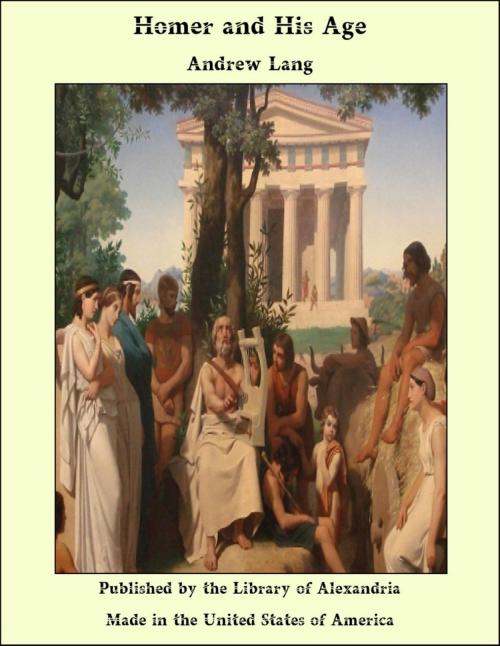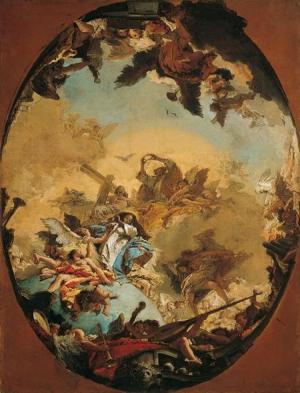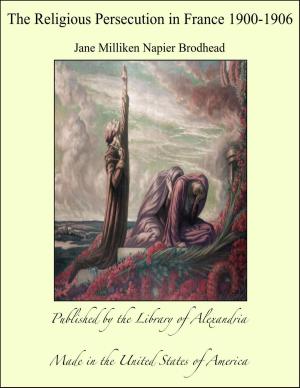| Author: | Andrew Lang | ISBN: | 9781465600882 |
| Publisher: | Library of Alexandria | Publication: | March 8, 2015 |
| Imprint: | Language: | English |
| Author: | Andrew Lang |
| ISBN: | 9781465600882 |
| Publisher: | Library of Alexandria |
| Publication: | March 8, 2015 |
| Imprint: | |
| Language: | English |
In Homer and the Epic, ten or twelve years ago, I examined the literary objections to Homeric unity. These objections are chiefly based on alleged discrepancies in the narrative, of which no one poet, it is supposed, could have been guilty. The critics repose, I venture to think, mainly on a fallacy. We may style it the fallacy of "the analytical reader." The poet is expected to satisfy a minutely critical reader, a personage whom he could not foresee, and whom he did not address. Nor are "contradictory instances" examined—that is, as Blass has recently reminded his countrymen, Homer is put to a test which Goethe could not endure. No long fictitious narrative can satisfy "the analytical reader." The fallacy is that of disregarding the Homeric poet's audience. He did not sing for Aristotle or for Aristarchus, or for modern minute and reflective inquirers, but for warriors and ladies. He certainly satisfied them; but if he does not satisfy microscopic professors, he is described as a syndicate of many minstrels, living in many ages. In the present volume little is said in defence of the poet's consistency. Several chapters on that point have been excised. The way of living which Homer describes is examined, and an effort is made to prove that he depicts the life of a single brief age of culture. The investigation is compelled to a tedious minuteness, because the points of attack—the alleged discrepancies in descriptions of the various details of existence—are so minute as to be all but invisible. The unity of the Epics is not so important a topic as the methods of criticism. They ought to be sober, logical, and self-consistent. When these qualities are absent, Homeric criticism may be described, in the recent words of Blass, as "a swamp haunted by wandering fires, will o' the wisps."
In Homer and the Epic, ten or twelve years ago, I examined the literary objections to Homeric unity. These objections are chiefly based on alleged discrepancies in the narrative, of which no one poet, it is supposed, could have been guilty. The critics repose, I venture to think, mainly on a fallacy. We may style it the fallacy of "the analytical reader." The poet is expected to satisfy a minutely critical reader, a personage whom he could not foresee, and whom he did not address. Nor are "contradictory instances" examined—that is, as Blass has recently reminded his countrymen, Homer is put to a test which Goethe could not endure. No long fictitious narrative can satisfy "the analytical reader." The fallacy is that of disregarding the Homeric poet's audience. He did not sing for Aristotle or for Aristarchus, or for modern minute and reflective inquirers, but for warriors and ladies. He certainly satisfied them; but if he does not satisfy microscopic professors, he is described as a syndicate of many minstrels, living in many ages. In the present volume little is said in defence of the poet's consistency. Several chapters on that point have been excised. The way of living which Homer describes is examined, and an effort is made to prove that he depicts the life of a single brief age of culture. The investigation is compelled to a tedious minuteness, because the points of attack—the alleged discrepancies in descriptions of the various details of existence—are so minute as to be all but invisible. The unity of the Epics is not so important a topic as the methods of criticism. They ought to be sober, logical, and self-consistent. When these qualities are absent, Homeric criticism may be described, in the recent words of Blass, as "a swamp haunted by wandering fires, will o' the wisps."















